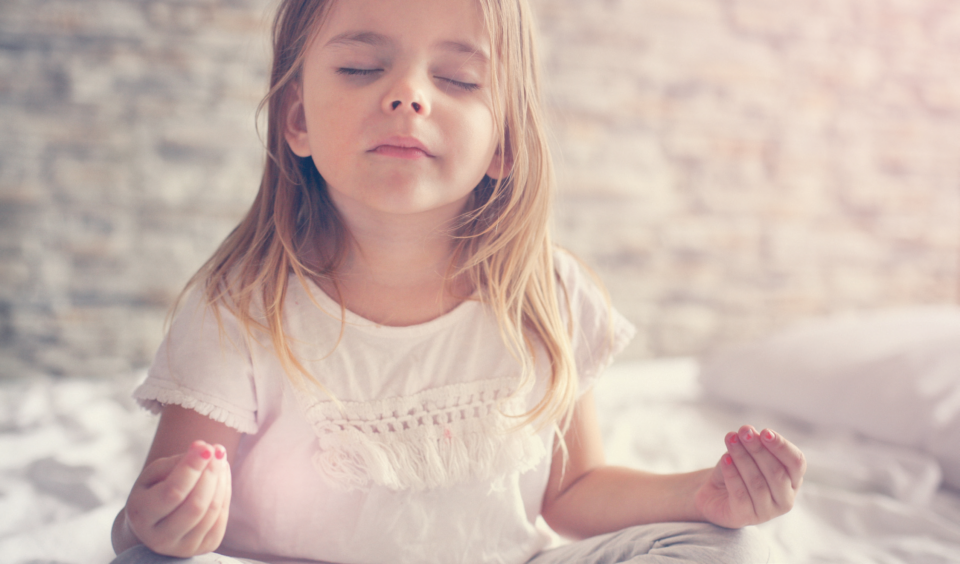Self-care is a hot topic among adults these days, but you can teach self-care to your kids, too. Self-care for kids falls under the proper hygiene umbrella that includes brushing and flossing, cleaning their ears, bathing and showering, clipping fingernails and more.
“Self-care is about taking care of oneself, and maintaining good hygiene takes care of you from top to bottom,” says Jennifer N Brown, APRN, CNP, from Mercy Health – Mt. Washington School Health Center.
Kids are always learning and it’s OK to begin teaching them self-care at a young age to practice, she continues, under your guidance of course. That is, until they have reached an age where they can properly maintain safe and proper hygiene on their own (with some occasional reassurance and reminders from you). There is also more to hygiene that meets the eye.
“Being clean is one way to keep germs away!” says Brown. “Bathing washes away the germs and can help keep everyone healthier.”
It’s More Than Soap
Self-care can also help kids become more introspective and aware of their physical and emotional needs, prepare them to effectively handle future stressors, decrease stress, improve relationships and more. This is why including deep breathing when feeling stressed; proper sleep habits; and a good, solid nighttime routine into their schedule is so important.
“Show children how to cope with stressful situations – deep breathing or counting to 10 for example,” says Brown. “Show children how to take time out of the day to focus on themselves by reading a book, listening to soft music or practicing yoga.”
For a good night’s rest, a consistent nighttime routine is key. For example: eating dinner as a family most days of the week; scheduling family game nights; bathing/ showering; brushing teeth; reading a story or two and perhaps some soft music with lights out. Whatever helps your kids wind down and rest up for the next day ahead.
When Kids Are Ready
Every kid is different, but they may be ready to take on self-care tasks sooner than you think. Here are some good guides to follow, according to Brown:
Brush Teeth On Their Own: As soon as they can hold a toothbrush! Provide a child with their own toothbrush to “play” with after eating.
“Children will mimic behaviors, so have them watch you brush your teeth,” she says. “Children can begin to brush independently around age 3 or 4, however, they still need help with the toothpaste and making sure all teeth are brushed thoroughly!”
Showers/Baths: This is a developmental stage based on the child. Kindergarten-age and younger should not be left alone in the bathroom for bathing or showering.
Clip Finger and Toenails: Dermatologists recommend parents handle this task until ages 9 or 10. If your kids seem ready to take this on, monitor their technique to avoid injuries.
Clean Ears: Teach kids to clean their ear canals with a damp washcloth from an early age.





